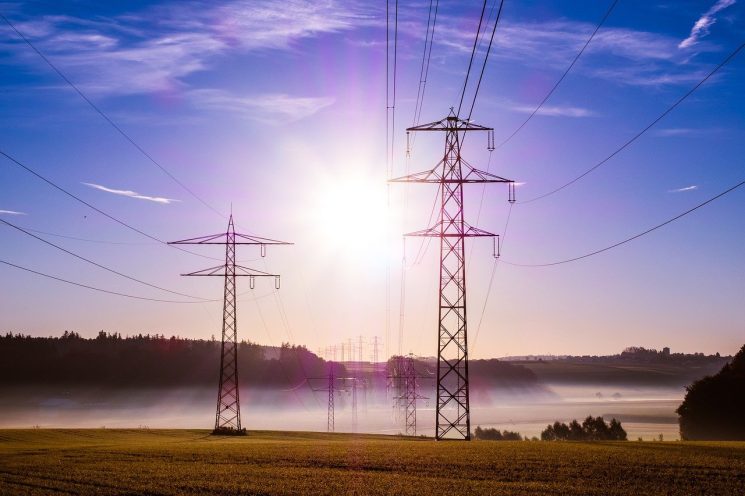It is hard to think of a business that isn’t feeling the strain of the current energy crisis. Up and down the country from pubs to hotels to shops to factories, businesses are considering their options in the face of skyrocketing bills. Some companies are seeing as much as a 300% increase, which is leading many to assume that closing their business is their only option.
Energy prices have, of course, been rising since last year. But this has been made much worse by the invasion of Ukraine by Russia and Russia’s subsequent decision to squeeze its gas supply to Europe. Europe, which last year got 40% of its natural gas from Russia, has been searching for new ways to source energy since the war began.
Businesses have been absorbing higher energy costs for a while as there has been no cap on energy rates for businesses – leading to job losses and the financial burden of higher prices often being passed onto consumers. There have therefore been calls for the government to respond with the same level of economic support as seen during COVID and many key politicians and business leaders have put forward suggestions as to how the government can help businesses stay afloat. Given inflation is at 10.1% and a recession is forecast, the government should have every incentive to put forward radical policies to support businesses deal with this unprecedented situation.
On 8 September 2022, Liz Truss announced that the government will ‘support all businesses, charities and public sector organisations with their energy costs this winter’ – offering an equivalent energy price cap guarantee as seen for households, for 6 months. After those 6 months the government have said they will ‘provide further support to vulnerable sectors, such as hospitality, including our local pubs.’
For many, this doesn’t go far enough. Prime Minister Truss did also demand that ‘companies with the wherewithal need to be looking for ways they can improve energy efficiency and increase direct energy generation’. Many have already been doing this with some businesses taking substantial strides towards being more energy efficient and thus reducing cost.
One option is for organisations to work with business energy consultants in order to combat the issues faced. These consultants can help businesses to conduct an energy audit to assess their current energy use and analyse ways to make it more efficient. It can offer a fresh take on a much-looked at situation, drawing in expertise from procurement to insulation. Furthermore, businesses are finding other solutions themselves in the form of solar panels, swapping convective heaters to radiant heaters, considering energy-saving insultation methods, swapping regular bulbs for LED bulbs and reducing energy demand at peak times – to name but a few responses.
So whilst businesses wait for the details of how else the government may support them during this energy crisis, they will do whatever they can to weather the storm themselves. Both holistic approaches, which take a bird’s eye view on things via business energy consultants, and also smaller, simpler steps such as programming their thermostats to a lower energy saving temperature, will be taken. And for all our sakes, let’s hope companies can remain open for business.
Discover portable heater hire here.





